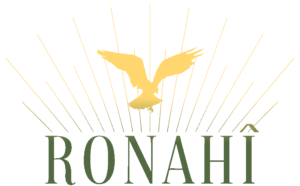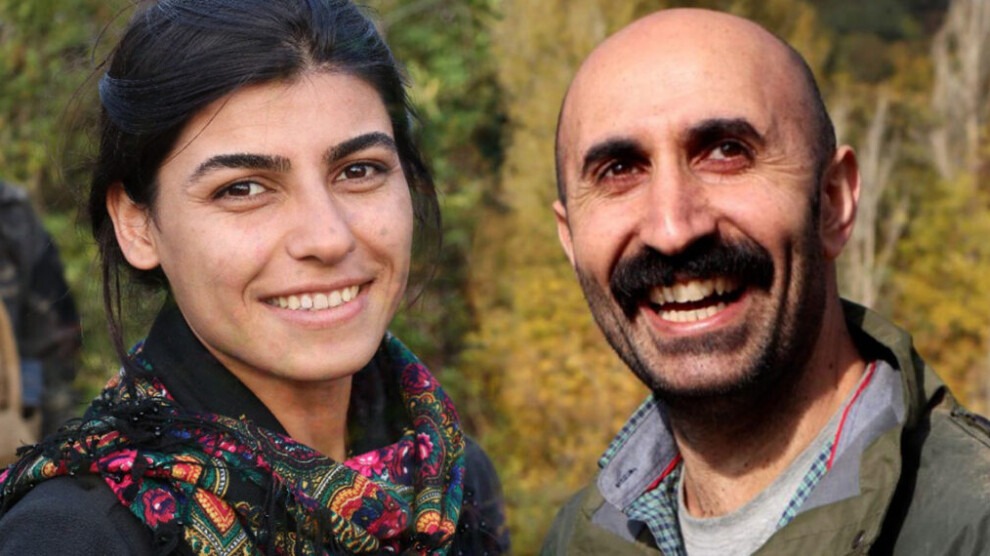
On 19 December 2024, the Turkish state once again revealed its ruthless nature by committing a reprehensible act of violence against the Kurdish media community. In a blatant attempt to silence and crush the spirit of resistance, a Turkish drone attack near Kobani brutally took the lives of courageous journalists Nazim Daştan and Cîhan Bilgin. This attack is not an isolated incident; it is part of a systematic campaign by the Turkish government to erase Kurdish voices and wipe out their legitimate struggle for autonomy and democracy.
Background to the assassination
Nazim Daştan and Cîhan Bilgin were doing journalistic work in the region when the Turkish military carried out a drone strike on their vehicle. They were returning from reporting on the escalating war over the Tishreen Dam, where clashes had recently broken out between the Syrian Democratic Forces (SDF) and the Turkish military, along with Turkish-backed units of the Syrian National Army (SNA). The striking geographical and political landscape of the canton of Kobani has made it a focal point of conflict in the Syrian civil war and a frontline in the ongoing military occupation operation developed by the Turkish state against the people of northern and eastern Syria, targeting in particular the Kurdish community.
Kobani holds a symbolic place in the Kurdish resistance, famously resisting ISIS in 2014 and becoming a world symbol of hope and resilience. The recent violence reflects Turkey’s broader strategy to exert control over the region, claiming to address security threats posed by the Syrian Democratic Forces, the multi-ethnic self-defence forces of DAANES (Democratic Autonomous Administration of North and East Syria), which Turkey has designated as a terrorist organisation. In this context, Turkey does not hesitate to annihilate entire lives to complete its colonial project.

The lives of Nazim Daştan and Cîhan Bilgin
Nazim Daştan was known for his courageous reporting on Kurdish issues and the complexities of the Syrian conflict. His last social media post before his death was a poignant reminder of the ongoing war in the region: “Contrary to the claims of a ceasefire, Turkey and its affiliated groups are primarily preparing for a major attack on Kobanê as well as Rojava.”
Cîhan Bilgin, who worked alongside Daştan, was equally committed to bringing untold stories from the region. Their work not only provided critical information to local and international audiences, but also exposed the humanitarian crises and violent realities of life in war-torn Syria, particularly for Kurdish communities facing systematic violence and repression from the Turkish state and mercenary forces.
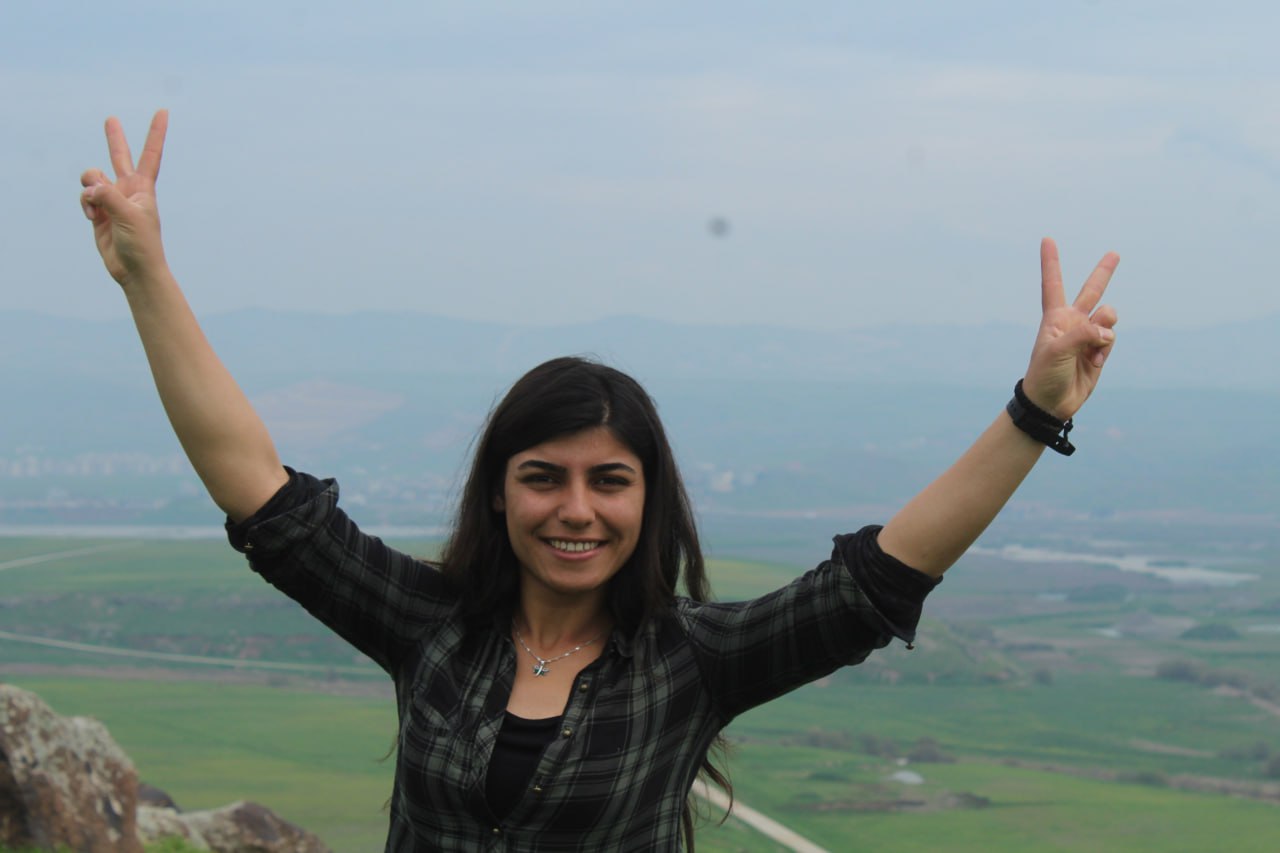
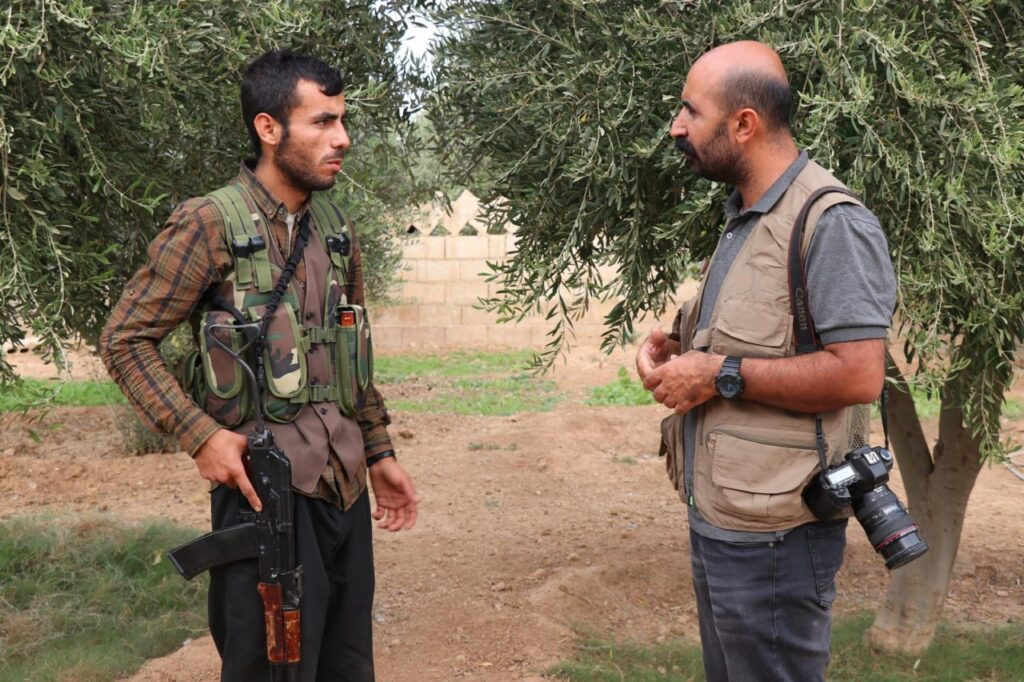
International repercussions
The recent murders of Daştan and Bilgin highlight the dangerous environment for journalists in conflict zones, particularly in the context of Turkey’s military operations in northern Syria. These murders not only underscore the immediate threats faced by those dedicated to uncovering the truth, but also resonate deeply with the case of fellow journalists Gulistan Tara and Hero Bahadin, who lost their lives in a brutal attack on 23 August.
Gulistan and Hero were travelling in their vehicle in the Said Sadiq district of Sulaymaniyah province in northern Iraq when a suspected Turkish drone struck, killing them and injuring fellow journalist Rêbîn Bekir. This incident is yet another example of the deadly reach of the Turkish state’s actions against those who dare to report on or oppose its narratives. In just 10 years, more than 30 journalists have been killed on the orders of the Turkish state.
In response to their deaths, there have been renewed calls for international sanctions against Turkey, with advocates demanding justice not only for Daştan and Bilgin, but for all those suffering as a result of military aggression in the region, including children, the elderly and families. Calls for accountability underline the need for thorough investigations into war crimes and the protection of journalists working in volatile areas. This situation is nothing new, just the latest expression of an oppressive relationship that goes back several decades.
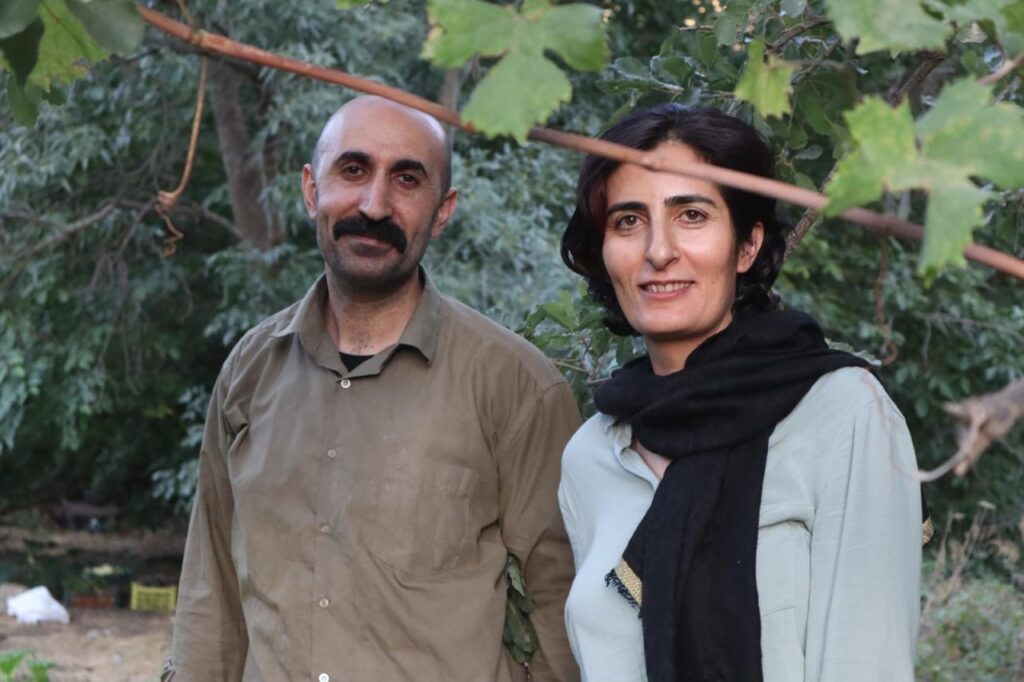
Historical context of Turkish-Kurdish relations
To fully understand the significance of the murders of Daştan and Bilgin, it is crucial to contextualise the historical relationship between the Turkish state and the Kurdish population. The Kurdish struggle for autonomy has deep roots, exacerbated by decades of state repression, cultural denial and outright violence. In recent years, as the Syrian civil war has unfolded, Kurds in northern Syria have sought to assert their rights and establish their own government. However, this aspiration has been met with fierce opposition from Turkey, which has long harboured fears about the potential rise of an autonomous Kurdish region on its borders – fears rooted in the Turkish Republic’s historical apprehensions about Kurdish autonomy dating back to its founding.
Turkey’s vehement policy has manifested itself in military campaigns against Kurdish groups that Ankara sees as extensions of the PKK (Kurdistan Workers’ Party), which the Turkish state perceives as the main threat to its hegemony. The violence of these state policies, combined with the chaos of the Syrian civil war, has created a milieu in which journalism becomes dangerous, as verified information is often targeted in broader state narratives.
Implications for journalism and press freedom
The violence against Kurdish journalists has had a profound impact on journalism in conflict zones. As the risks of reporting increase, many journalists may choose to self-censor or abandon stories that could put them in danger. This erosion of a free press limits the dissemination of vital information and creates an environment in which misinformation can flourish.
In regions such as northern Iraq and Turkey, where the situation is complex and often shrouded in secrecy, journalism becomes an essential tool for accountability. In the current context of building a new Syria, journalists have a vanguard role to play in ensuring transparency of policy and pushing for democratization of the whole country.
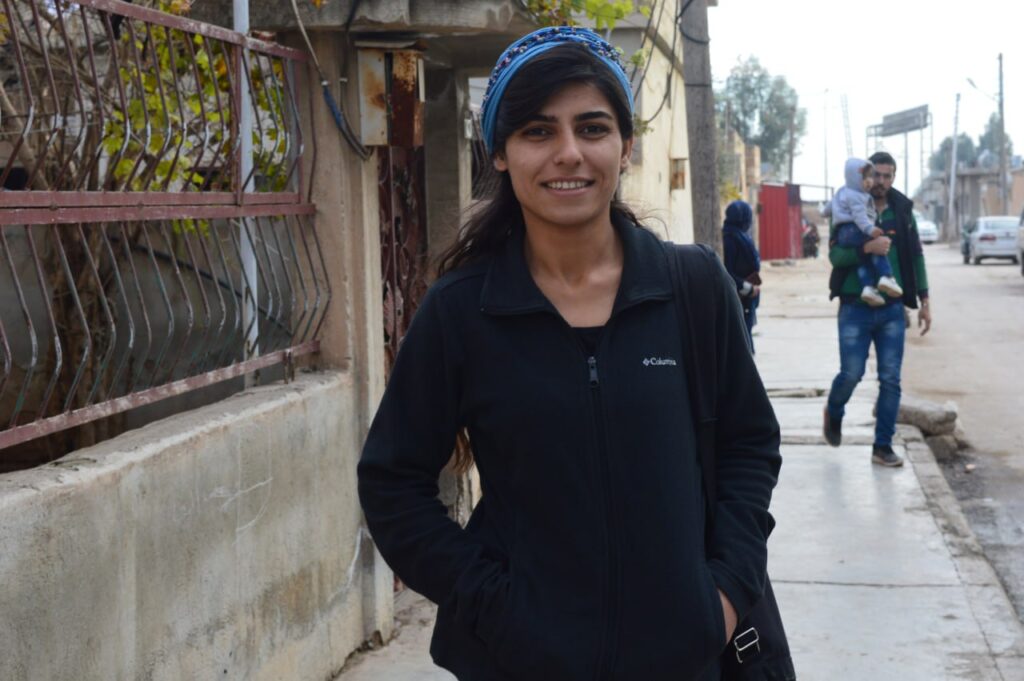
Conclusion
The targeted killings of Kurdish journalists are part of a wider narrative of violence, repression and the struggle for narrative control in a complex geopolitical landscape. They make it clear that the Turkish state doesn’t know any limits when it comes to pursuing its policy of military expansionism. As assassinations like the latest drone strike unfold, they remind us of the importance of a free press and the dangerous risks journalists face in their pursuit of the truth. Fighting for their rights and safety is not just about protecting individuals, but ensuring that the voices of oppressed communities can be heard in a world where information is power
Ayşe for Ronahî – Youth Center for Public Relations
December 26, 2024
